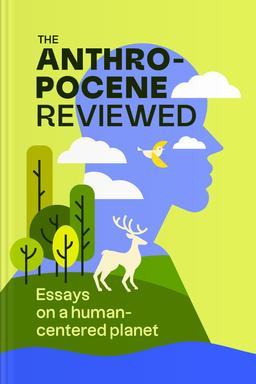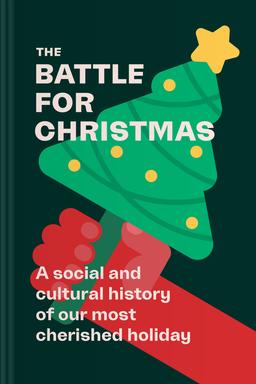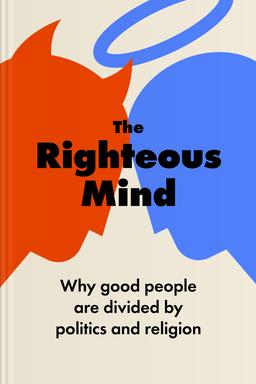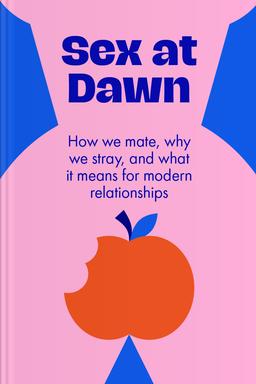What is Falter about?
This thought-provoking book explores the dire consequences of climate change and human activity on the planet. It examines the interplay between technology, economics, and the environment, questioning whether humanity is steering its own course towards disaster. McKibben challenges readers to confront the impending crisis and consider the choices that lie ahead, urging a reevaluation of our relationship with nature before it's too late.
Who should read Falter
- Environmental activists concerned about climate change
- Philosophers exploring human existence and futures
- General readers interested in sustainability and ecology
What is The Anthropocene Reviewed about?
This collection of essays explores the complexities of the human experience within the framework of the Anthropocene epoch. Through personal reflections and cultural critiques, the author examines various aspects of modern life, from mundane pleasures to profound existential dilemmas. Each essay provides insightful commentary on how humanity interacts with the world, ultimately celebrating the beauty and chaos of existence while contemplating our impact on the planet.
Who should read The Anthropocene Reviewed
- Fans of thought-provoking essays
- Readers interested in climate change perspectives
- Anyone seeking a deeper understanding of humanity's impact
What is The Battle for Christmas about?
This book explores the history and evolution of Christmas, revealing how the celebration transformed from a rowdy public festival to a more family-centered holiday. It delves into the tensions between commercialism and tradition, examining how societal changes, politics, and cultural shifts shaped our modern understanding of Christmas. Through engaging narratives and historical insights, it uncovers the underlying battles over meaning and values that continue to influence this cherished holiday.
Who should read The Battle for Christmas
- History enthusiasts interested in holiday traditions
- Academics studying cultural influences on festive celebrations
- Readers curious about Christmas's social evolution
What is The Righteous Mind about?
This insightful exploration delves into the psychological foundations of morality and how they shape our political and religious beliefs. Haidt examines why individuals with differing moral frameworks often clash, emphasizing the role of intuition and social cohesion in moral reasoning. Through captivating narratives and research, the book encourages readers to understand opposing viewpoints and fosters empathy, aiming to bridge divides in an increasingly polarized world.
Who should read The Righteous Mind
- Political enthusiasts seeking to understand ideological divides.
- Individuals curious about morality in politics and religion.
- Students and scholars of psychology and social behavior.
What is Sex at Dawn about?
This groundbreaking work explores the evolutionary origins of human sexuality, challenging traditional views on monogamy and promiscuity. Through an examination of historical, cultural, and biological evidence, the authors argue that our ancestors thrived in non-monogamous environments. The book prompts readers to reconsider societal norms surrounding relationships and fidelity, suggesting that understanding our primal instincts can lead to healthier modern partnerships.
Who should read Sex at Dawn
- Open-minded couples seeking relationship insights.
- Fans of evolutionary psychology and human behavior.
- Individuals questioning traditional views on monogamy and relationships.




